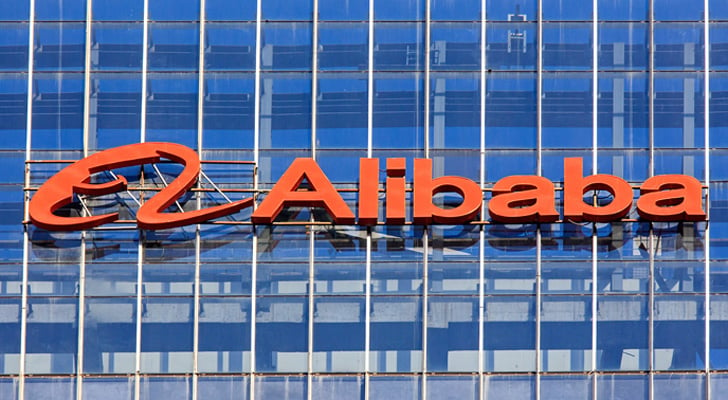More than a few times within the past couple of years I’ve made the point that Alibaba (NYSE:BABA) isn’t a carbon copy of Amazon.com (NASDAQ:AMZN), even though the two are frequently compared.
The comparison certainly makes sense. Current and would-be owners of BABA stock are looking for an idea of how to weigh the unusual company, and the similarities are undeniable.
Largely speaking, though, Amazon is built to be the retailer rather than a middleman, often competing with its third-party sellers. Alibaba’s Tmall, conversely, is meant to empower its third-party sellers. Each respective company’s decisions have, for the most part, reflected this difference.
The differentiating lines have since been blurred, however. That is, Alibaba is starting to look a lot more like Amazon.com than it has in the past, for better or worse.
Alibaba Widens the Net
Case(s) in point? Though it wasn’t the pioneer of the idea, Amazon was the first major player to implement a wide-scale, same-day package-delivery service. Many of its online purchases — including groceries orders from Whole Foods Market — can be at your door in two hours or less. It’s even dropping off restaurant orders in select markets.
It was an avenue that didn’t appear to be a serious part of Alibaba’s future until April. That’s when delivery outfit Ele.me, already partly owned by Alibaba, became a wholly owned unit of China’s e-commerce giant. Since then, BABA stock holders have seen the company step up its use of the restaurant delivery service as a means of securing new customers.
Alibaba has only scratched the surface, however. With plans to merge Ele.me and Koubei (Alibaba’s platform that connects local businesses with consumers), the company is in a position to become all things to all people, at least in terms of selling goods to nearby customers.
It all looks an awful lot like efforts being made by Amazon.com.
With another knock-off, Amazon-like service, Alibaba now offers its own version of Prime, called 88 VIP.
88 VIP used to be a set of perks offered to the company’s most active customers, granting merchandise discounts, access to exclusive video content, access to digital music, and free use of Ele.me’s service.
Now, access to 88 VIP can be purchased. As was and is the case with Amazon Prime, the end goal of 88 VIP is to bring more consumers into the ecosystem. Customers can be profitably monetized, somehow, at a later time.
Here Comes the Competition and Costs
My caution to owners of BABA stock was and still is that each time Alibaba aims to borrow a page from the Amazon playbook, it costs more and more money. The end result is not only crimped margins, but an invitation to would-be competition that could further chip away at profitability.
We’ve seen both.
Just late last week we learned
Walmart (NYSE:WMT) and JD.com (NASDAQ:JD) have jointly invested in China’s grocery delivery company Dada-JD Daojia. The company is only focused on purchasing and delivering groceries — for now.
But, with a network in place as well as non-grocery retailers like JD and Walmart as partners, it’s not inconceivable that Dada-JD Daojia could add more than food to its mix.
More concerning than anything to owners of BABA stock, however, is that we have indeed seen significant revenue growth but have not seen the same pace of income growth thanks to increased spending on a variety of growth initiatives.
For perspective, for the 12-month stretch ending in March, Alibaba turned $39.9 billion in revenue into net income of $10.2 billion, translating into net profit margins of 25.5%. A year earlier, trailing net profit margins were 27.5%. Two years before that, Alibaba was sporting net profit margins of 31.9%. And 12 months before that, the figure was 45.1%.
Much like its U.S. counterpart, Alibaba’s “growth at any cost” is costing quite a bit.
Bottom Line for BABA Stock
Maybe it just won’t matter. Maybe the market will cut BABA stock the same break it’s cut AMZN stock and judge it only on its top line while not sweating its paper-thin profit margins. Or, maybe China’s investors will be a little more aggressive in holding the company accountable for its bottom line.
We’re soon going to find out.
Just as a reminder, though, BABA stock is an ADR, reflective of the price of the security on its Chinese exchange. Investors in the western half of the world can’t really prop it up from here. It has to be propped up at unusual valuations there.
Whatever’s in the cards, know that its similarities to Amazon are a two-edged sword. All these growth initiatives are proving very expensive.
As of this writing, James Brumley did not hold a position in any of the aforementioned securities. You can follow him on Twitter, at @jbrumley.

